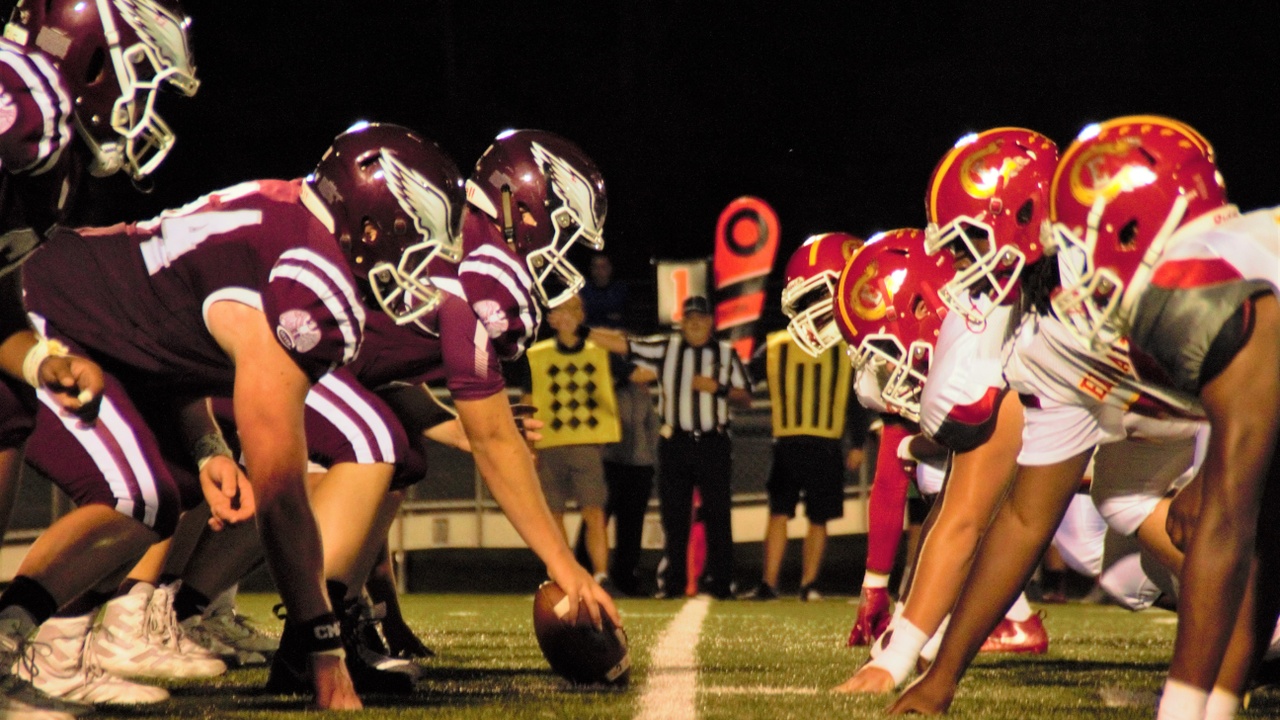
I regularly watch “All American,” a show about football in Los Angeles. I’m not into sports but enjoy the show for its characters and definitely Taye Diggs. 🙂
Its main character, Spencer, continues to take accountability for other people’s actions – the ‘hero complex’ or ‘martyr complex.’
In the most recent episode, his team pranked a rival school by stealing their championship trophy. Spencer was NOT involved in the initial prank, but he got involved by demanding his team returns the trophy to make it right.
And as you can guess, he gets caught and is asked by the principal who led the prank.
“Me. I did it alone.”
I was so annoyed because everyone clearly knew he was taking the blame for others’ actions. And this is a theme with Spencer who continually wants to step in for others.
This may seem commendable but it’s not – because he’s making it about himself, rather than letting others learn from their mistakes in their own growth journeys.
By taking accountability for others, we’re taking away their agency and opportunity to grow and learn.
I’ve seen similar behaviors in the nonprofit sector – folks who are so dedicated to the mission that they step into martyrdom space rather than ask for help. (I’ve been guilty of some of these behaviors as well).
A few signs that you may be wading into this space ….
- Doing it all yourself rather than delegating to your team
- Getting annoyed when others don’t ‘step up’ or have better boundaries (i.e. you staying late at work while others clock out at 5 pm)
- Working through the day without breaks for stretching or meals
- Being awkward in conversations that aren’t about work since work has become your sole interest
- Replying to emails constantly without regard to urgency or time
- Complaining about your workload and long hours when asked how you are
- Not logging off on weekends or evenings
It’s praiseworthy to be committed to our work and our mission. We’re lucky that we get to do work that makes a difference.
However, when we go overboard in our expectations of ourselves and others, that’s when it can become unhealthy.
We’re human with many aspects of ourselves that we need to tend to besides work: our relationships, our health, our spirituality, our hobbies (yep, we can still have them). And when we tend to one area too much, then we’re out of ‘balance.’
It’s a myth that we can have a work/life balance especially during these times where many of us are still working from home.
We’re not robots where we can simply compartmentalize life since our work and personal life do blend in together. That’s a fact. We have friendships at work, and we enjoy talking about our work outside of business hours.
Instead, let’s strive for boundaries. Boundaries allow us to tend to different areas of our lives and set clear expectations.
We can prioritize our health and show up as our best selves to all folks, instead of loved ones just getting the crumbs of us due to exhaustion.
We’re often in an overwhelmed state when we lack boundaries and don’t communicate our capacity.
We’re in a new year so let’s reflect on what our boundaries are.
- Is it taking time to meditate and exercise before work?
- Is it spending the first hour of our workday setting our agenda instead of checking emails that tend to take us off-track?
- Is it eating lunch away from our desk?
- Is it scheduling half-hour breaks between meetings?
- Is it logging off at 6 pm?
- Is it getting 7-8 hours of sleep every night?
Choose one to two boundaries to explore in the coming weeks.
Boundaries look different for us all but ultimately, they’re set so that one area of our life doesn’t dominate and that we can strive in our overall emotional, physical, and mental wellbeing.
For those of us committed to changing the world, it’s difficult to find this ‘balance,’ but it’s crucial that we strive to do it because we’re so needed today.
Hope this serves!
Shalini

